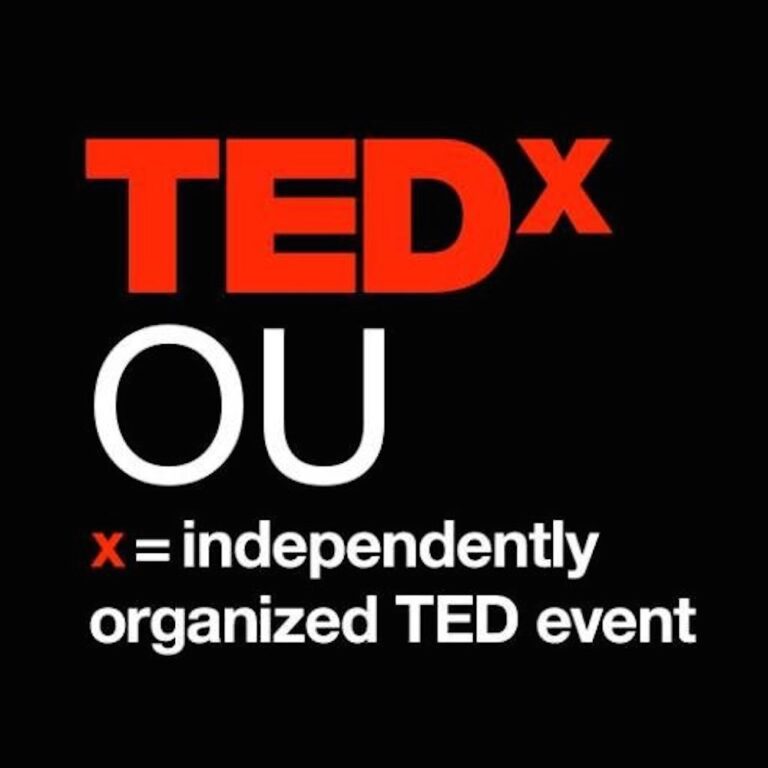By Mark J. Smith, Ph.D. and Loren Cordain, Ph.D. Professor Emeritus, Colorado State University
Note: Read our latest thoughts on drinking coffee, Is Coffee Paleo?
Previous blogs at The Paleo Diet about coffee have not exactly given a glowing report for the common beverage.
However, the research on coffee is expanding rapidly with over seven percent of all studies on its health effects being published in the last year. A great deal of new research is pointing in the direction that previously unknown benefits may help outweigh the negatives, resulting in a potential zero-sum game for those having a hard time eliminating coffee from their daily regime. That being said, new research also continues to show negative effects.
From a Paleo perspective, a prudent action may be to continue placing coffee consumption in your 15%, non-Paleo category, and consider its elimination altogether if you have health issues that the research suggests could be caused by its consumption. This latter approach is effective whenever addressing the consumption of non-Paleo foods as it can help individuals stay compliant with the Paleo dietary template while eliminating problematic foods as needed. It’s also important to consider the source of your coffee. Obtaining your coffee from brewers that follow organic practices (and note that some can’t afford the certification but still do) helps eliminate some of the negatives while maintaining the positives.
Coffee drinking is one of the most ubiquitous dietary habits in the modern world. Enjoying a good cup of Java to start the morning is an accepted morning ritual in Western culture. Coffee provides a warming drink while giving you a good jolt of caffeine unless you drink decaf.
Over the years, coffee drinking and caffeine consumption have been critically examined by the medical and health community – is coffee good for our health? Bad for our health? Or does it have no effect? A search of the US National Library of Medicine using “coffee” reveals 12,320 research papers on the topic. Narrowing the search to the more appropriate term “coffee consumption” reduces the number of papers to 3,810. Over seven percent of these papers were published just in the last year.
One of the most powerful analytical tools scientists and epidemiologists have employed to answer complex nutritional questions over the past 20 years is meta-analyses. Meta-analyses are in essence an analysis of analyses. Statisticians have developed special procedures that allow them to analyze multiple studies even when the studies do not necessarily agree. Meta-analyses, therefore, unify the results of multiple studies and provide a powerful insight into the collective study results.
Because coffee drinking is such a widespread habit in the western world, thousands of research studies have examined its effects on our health and well-being and meta-analyses of these studies have recently appeared. Generally, they indicate coffee drinking has little or no adverse effects on our health, and may actually prevent disease1-28. In fact, meta-analyses of all-cause mortality demonstrate that coffee consumption reduces the risk of death from all causes combined1-4. Similarly, a meta-analysis of prospective, observational studies indicated that coffee drinking reduced the risk of oral, pharynx, liver, colon, prostate, endometrial, and melanoma cancers19 – a result that is consistent with other meta-analyses of specific cancers11-23. Further, meta-analyses have shown potentially lowered health risks with coffee consumption for a variety of conditions including cardiovascular disease (CVD) risk5-10, kidney disease25, gout24, urinary incontinence27, and non-alcoholic liver disease28. It may even increase longevity26.
Continue reading Doc Smith’s article on thepaleodiet.com. This article excerpt used with permission of The Paleo Diet, LLC.

